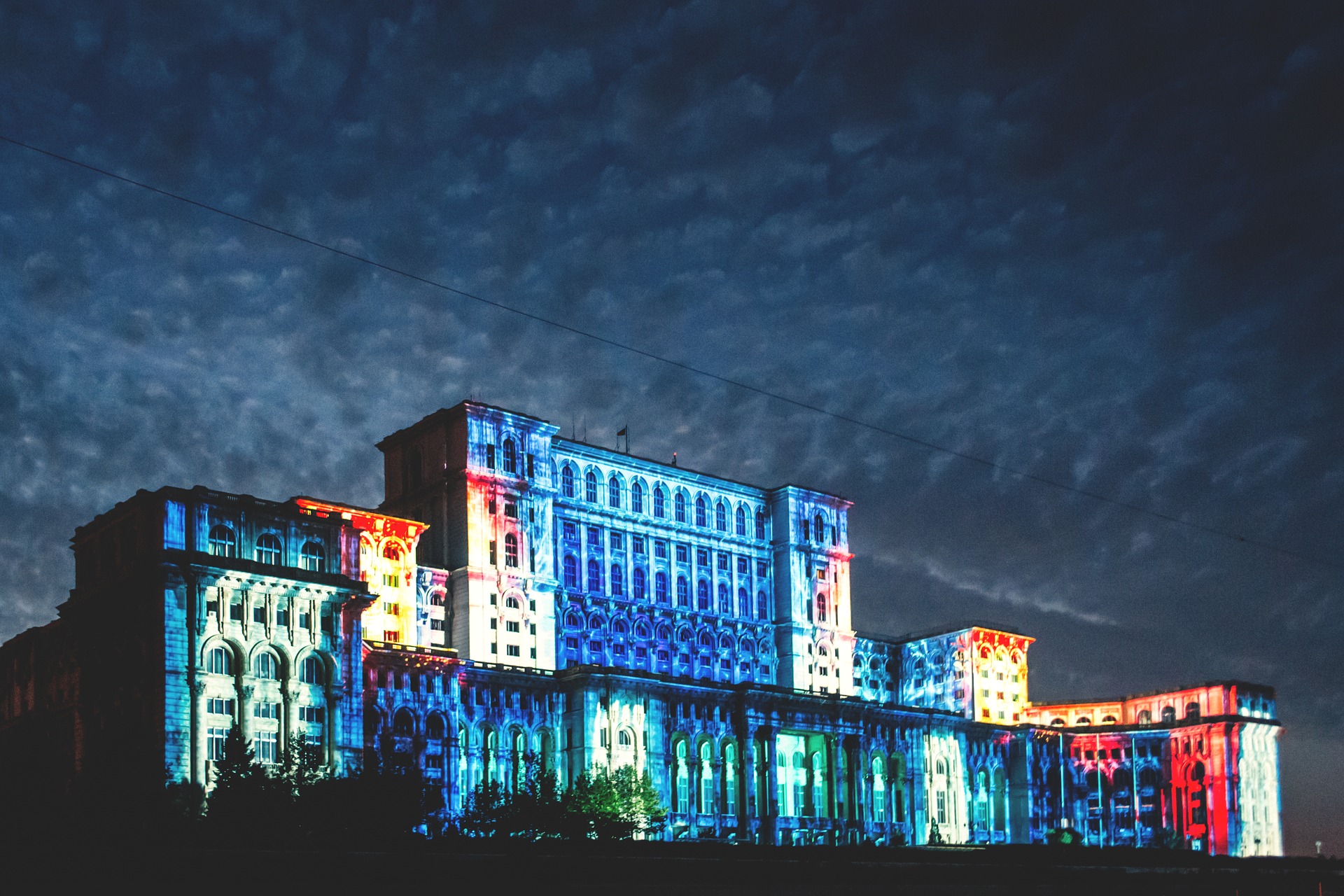
- This event has passed.
Book Club: Kiki Skagen Munshi, Whisper in Bucharest

We are delighted to let you know that we will be reading and discussing Whisper in Bucharest by Kiki Skagen Munshi. The author will be present for our discussion.
About the Author and the book:
After several jobs in academia, Kiki Shaken Munshi embraced a career in diplomacy.
During the 80s she served as a foreign service officer in Nigeria, Romania, Greece, Sierra Leone, Tanzania, and India. Recipient of several American and international awards, Kiki Skagen Munshi is also a successful columnist. She has collaborated with the Washington Post, Times of India, and other prestigious newspapers. During her stay in Romania, she earned her Ph.D. in19th century history from the University of Bucharest and contributed an article, “Occident Not Orient, Visual Perceptions of Romania in Nineteenth Century Europe”, to the volume Imagining Histories. Kiki Skagen Munshi is an intriguing novelist.
Her first major literary work, Whisper in Bucharest, is a fictional reconstruction of the political, social, and cultural scene of the last years of communism in Romania. Partly autobiographical, the novel is not about her: it is about the people she met in Romania and about their stories. The protagonist, Stefan, opens up to her and shares his life. As all people who passed through WWII in Bukovina, the north part of Romania, an area too many times disputed by Russia, Austro-Hungary, and Romania, Stefan learns how to survive by appealing to people’s most humanistic values, those that go beyond national identity, political loyalty, and social class. As the story progresses, more and more characters are added as each of Stefan’s childhood friends, Carol and Mihai, build up their lives. Through a wonderful array of portraits, the reader learns about the ethnic diversity of Romania. Friendships and betrayals, fights and reconciliations, give a sense of what it meant to live in one of the most diverse parts of Romania, Bukovina, and how much all groups contributed to what is called Romanian identity today.
Another major theme of the novel is the individual’s distress to adapt to a society of political and social pretenses of egalitarianism and democracy. The split between Romanians’ public and private lives is recorded with objective understanding: This began Fane’s second academic career, adding yet another layer between the public Stefan Vulcean and the private. More and more he worked in medieval studies, burying himself in ancient documents and half-remembered history. It needed to be modernized and updated to serve the [socialist] Revolution, but far enough away that the truth usually didn’t pose any threat. Completely hidden from all except his wife, Leri, and Andrei, the bookseller at the Curtea Veche Anticariat ,[used-book store] was his interest in the 19th century history which had been erased by the communists. Even the word “friend” had several meanings: close friends were only a few, the ones who someone could trust with their lives, as Stefan did with Carol and Mihai. With other “friends” one had to be “very affable and to whom you said absolutely nothing of importance while watching them carefully” (154-55).
Kiki Skagen Munshi has the narrative talent and force to put into a perfect structure,Whisper in Bucharest, all rumors, personal stories, and political agendas. To have her with us talking about her book and experience as a diplomat in communist and post-communist Romania is both a great honor and opportunity.